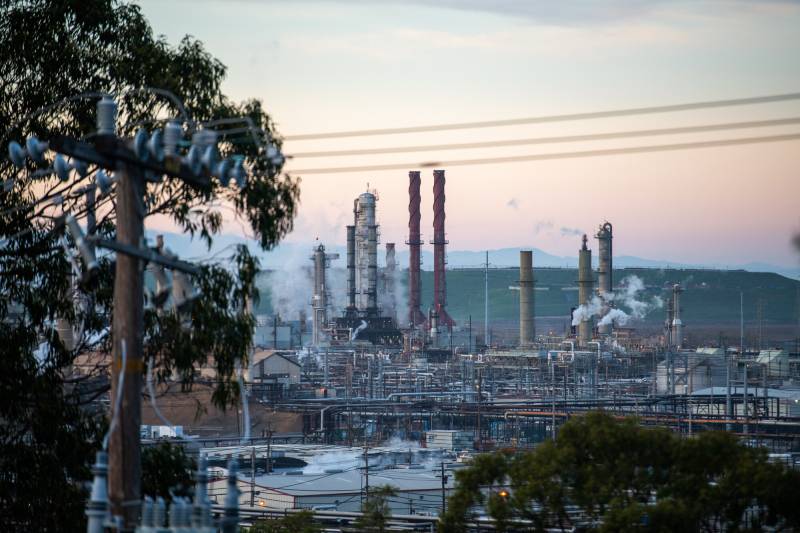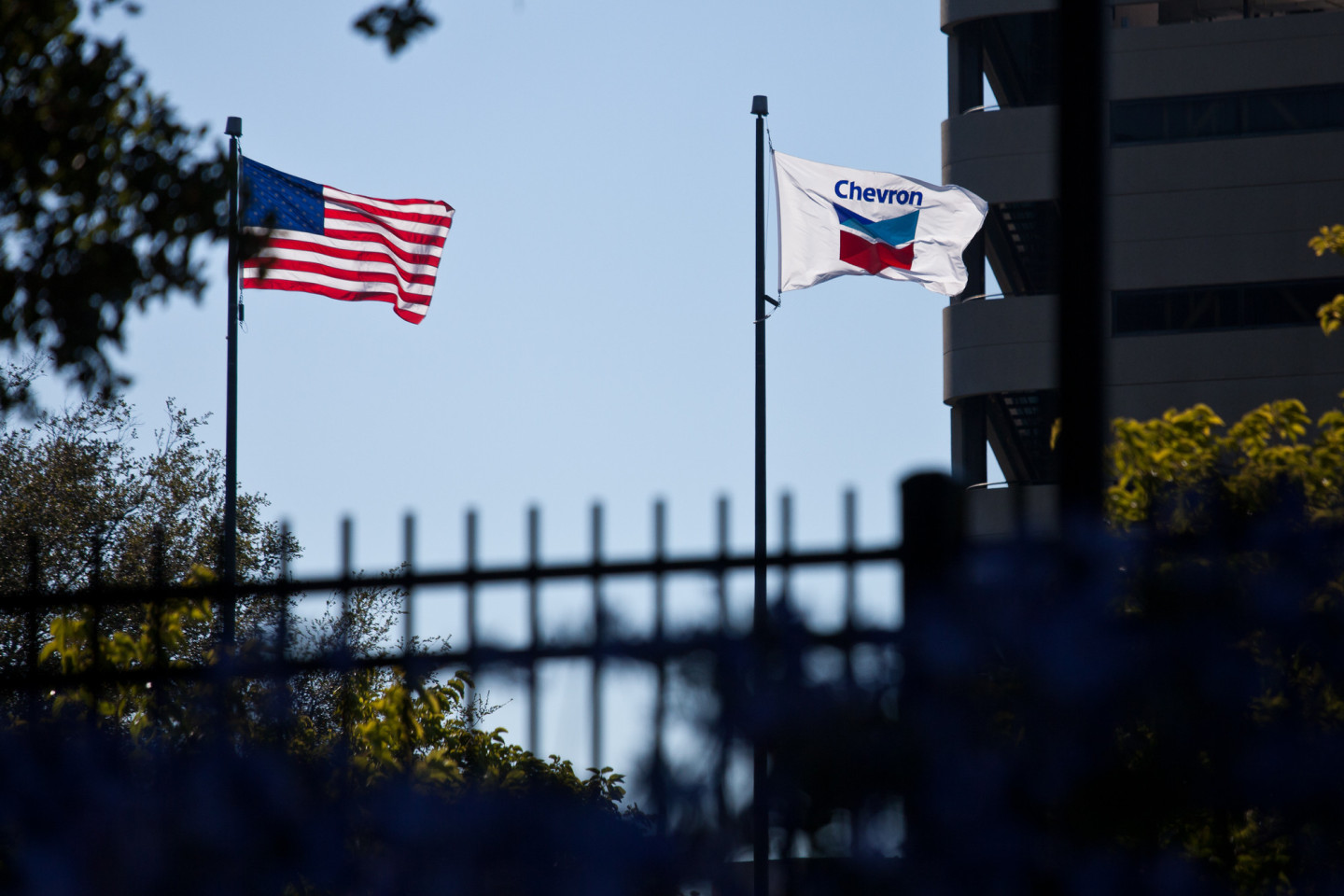Richmond leaders are marching ahead with a plan to spend $550 million that the city is slated to receive over the next decade from an August settlement with Chevron, eyeing upgrades to essential city services and preparations for a future less dependent on fossil fuels.
The City Council voted 6–1 Tuesday night to approve a resolution roughly outlining how funds would be distributed. In addition to prioritizing services like maintaining roads, improving parks and building affordable housing, the resolution aims to prepare the city to weather the potential loss of its largest taxpayer in Chevron’s Richmond refinery.
“Let us not be Detroit when the auto industry crashed,” said Councilmember Doria Robinson, who helped craft the resolution. “We know the state of California has a mandate to stop selling combustion-fueled cars. That is going to impact the fossil fuel industry.”


